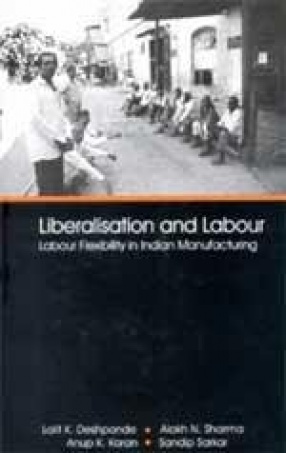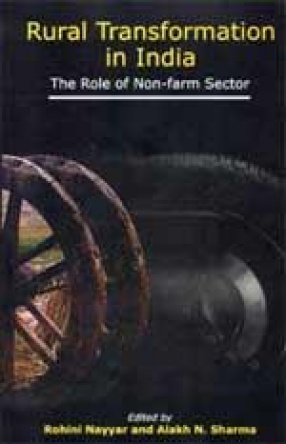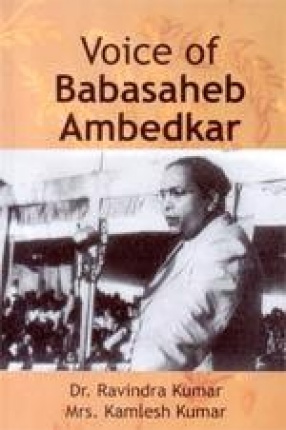In recent years there has been widespread reports in the media, both inside and outside the country, about the exploitation of child labour, including bonded labour in India’s carpet industry. In the wake of the criticisms, several measures have been initiated to tackle the problem of child labour in carpet production. Social labeling was one such initiative introduced in the nineties. It aims at improving the living and working conditions of the weaving community by exerting pressure on the exporters/suppliers to enforce fair conditions including prohibiting child labour in the production of carpets. This is considered to be an important intervention at the economic level, linking trade with the prohibition of child labour. This book examines the impact of these labeling initiatives on child labour. It is based on a study commissioned by the international Labour Organisation aimed at providing an input to a global ILO-IPECstudy on the impact of social labeling on child labour. Besides interviews with a cross-section of people-organisations connected with the carpet trade, it has also surveyed 35 villages spread over nine districts in four states of India. Looms in the sample villages were also covered through a structured loom survey. The different welfare and rehabilitation measures initiated under the labeling programme are also examined. This extensive study reveals some interesting findings, including changes in the structure and pattern of child labour working in the carpet industry, which on various counts are contrary to the general perception and media reports. The book will be useful for all those involved with the issue of child labour, particularly government functionaries, social activists, development practitioners, international organizations and many others.
Empowering Rural Labour in India: Market, State and Mobilisation
This volume, containing ...
$11.11
$11.70







There are no reviews yet.